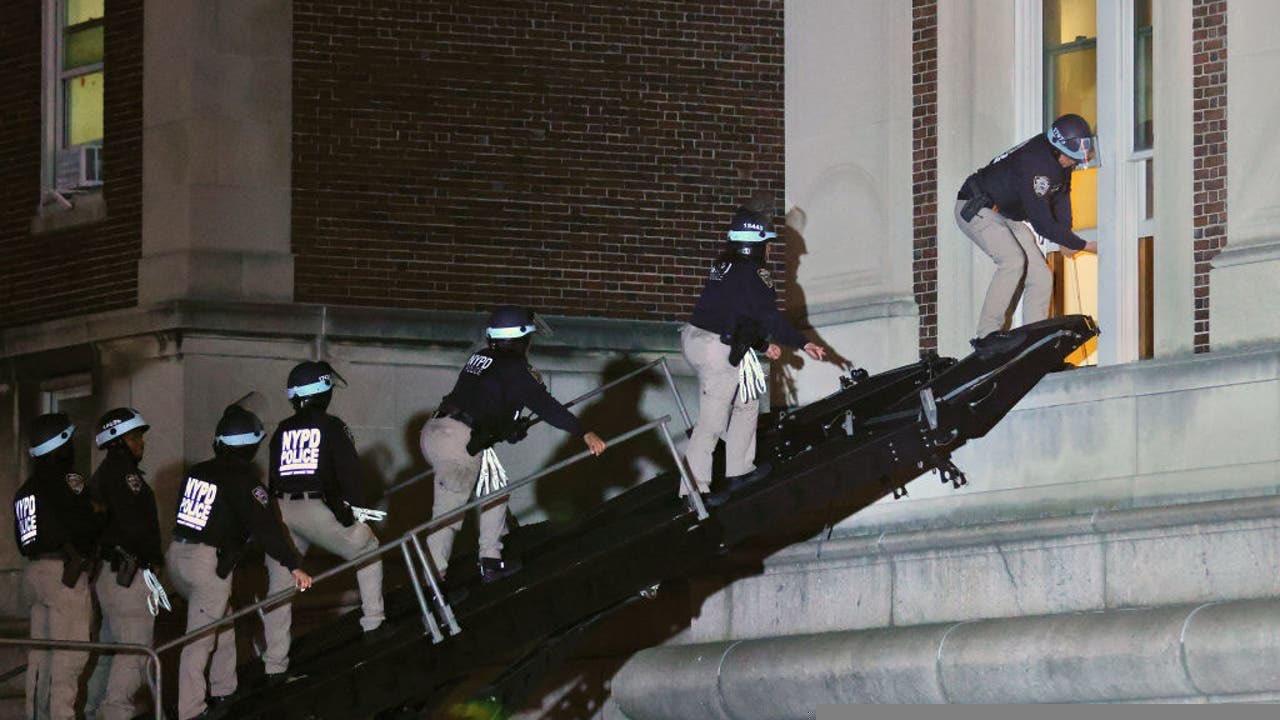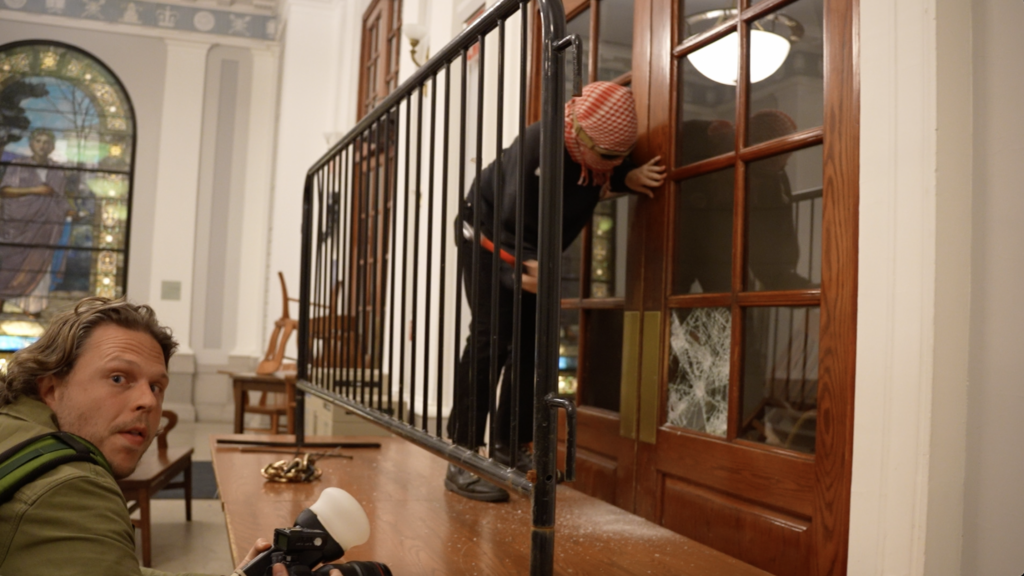A Call for Gatherings the Weekend Before Trump Takes Office
Along with others around the country, we invite you to join us in organizing festivals of resistance on the weekend of January 18, immediately before Donald Trump takes office. This is a crucial opportunity to engage in outreach, education, and action ahead of what it is sure to be a tumultuous time.
Once Trump takes power, it will only become more challenging to make connections with our neighbors, create the networks that we will need to face down his assaults, and share the skills we will need to survive his reign. Right now, we have a precious window of time in which to prepare. Let’s make the most of it.
When Donald Trump enters office on January 20, he will order mass deportations, escalate the repression of protesters, dismantle the few judicial and legislative provisions that still protect ordinary people, and consolidate a propaganda ecosystem intended to stupefy us all into obedience. The Democratic Party is willingly handing power to an autocrat they say will bring democracy to an end; the Democrats show every intention of continuing to ratchet their own politics to the right. Authoritarian leftist groups are simply treating this as a recruitment opportunity.
But from Texas to the West Bank, millions of people’s lives are about to get even harder. We owe it to each other to meet the second Trump era side by side in solidarity.
The chaos that will accompany the return of the Trump administration represents an opportunity as well as a challenge. This is a chance to assert an autonomous pole of organizing, carrying forward the lessons of 2020 and the movement against Cop City while continuing the fight against patriarchal violence, white supremacy, and colonialism.
By organizing ahead of Trump’s inauguration, we can seize the initiative and set our own timeline rather than being caught flat-footed and forced to react. We need to welcome new participants into these struggles and foster a revolutionary perspective that can orient us through the challenges ahead. No amount of internet activity could substitute for gathering face to face. The most important battles ahead will not be fought online, but in the streets of our communities.
January 18 is observed as the Day of the Forest Defender. It will be the two-year anniversary of the murder of Tortuguita in Weelaunee Forest. It is an important date to gather, honor the memory of the fallen, and pledge ourselves to resistance and to one another.


